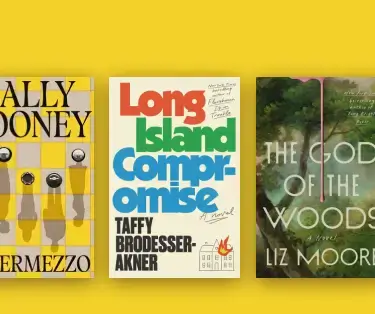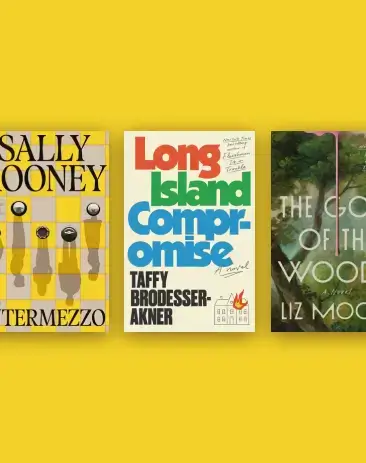The co-op bookstore for avid readers

The Hard Problem: A Play
The Hard Problem is a tour de force, exploring fundamental questions of how we experience the world, as well as telling the moving story of a young woman whose struggle for understanding her own life and the lives of others leads her to question the deeply held beliefs of those around her.
Hilary, a young psychology researcher at the Krohl Institute for Brain Science, is nursing a private sorrow and a troubling question. She and other researchers at the institute are grappling with what science calls the "hard problem"--if there is nothing but matter, what is consciousness? What Hilary discovers puts her fundamentally at odds with her colleagues, who include her first mentor and one-time lover, Spike; her boss, Leo; and the billionaire founder of the institute, Jerry. Hilary needs a miracle, and she is prepared to pray for one.
Book Details
- Publisher: Grove Press
- Publish Date: Oct 6th, 2015
- Pages: 96
- Language: English
- Edition: undefined - undefined
- Dimensions: 8.10in - 5.30in - 0.30in - 0.30lb
- EAN: 9780802124463
- Categories: • European - English, Irish, Scottish, Welsh• Theater - Playwriting
About the Author
Praise for this book
"Mr. Stoppard is, as always, an adept craftsman. . . . [He] has provided food for thought, and not just a tasting menu but a full, footnoted banquet."--Ben Brantley, New York Times
"Tom Stoppard [is] the English-speaking world's brainiest playwright."--Wall Street Journal
"Oozes learning. . . . [Stoppard] proves that it is possible to construct a tight 100 minutes of drama around neuroscientific conceits. . . . He has succeeded . . . this is a play to admire."--Economist
"[The Hard Problem] displays intact the dramatist's remarkable ability to synthesize complex knowledge into wittily metaphorical dialogue. . . . Demand for this brainy, funny, and touching play will long outstrip supply."--New Statesman
"Tom Stoppard's first play for nine years is typically witty--an intellectually charged piece that delights in the slippery nature of language and pulses with interesting ideas."--London Evening Standard
"100 minutes of condensed brain-ache, marbled by wit and some camisoled sexiness. . . . Admirably high-minded . . . It succeeds, in my view triumphantly."--Daily Mail
"Stimulating . . . absorbing . . . A rich, ideas-packed work that . . . offers endless stimulation and represents, like so much of [Stoppard's] work, a search for absolute values and a belief in the possibility of selfless virtue."--Guardian
"The dialogue is flashily impressive . . . it leaves one panting with admiration."--Spectator (UK)


